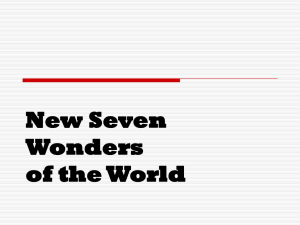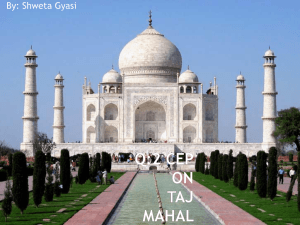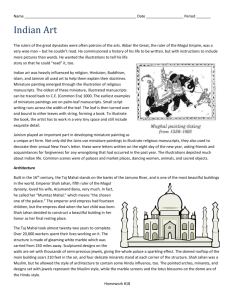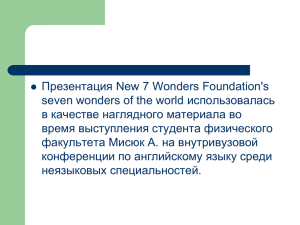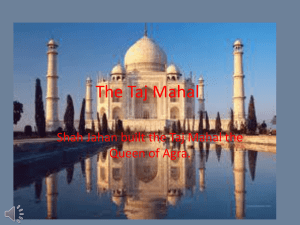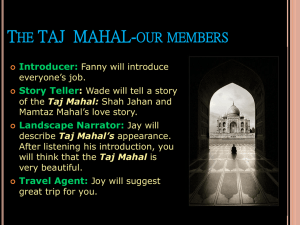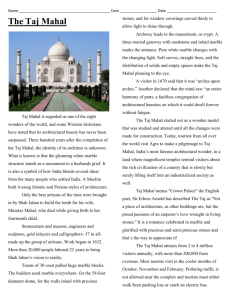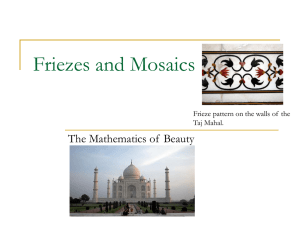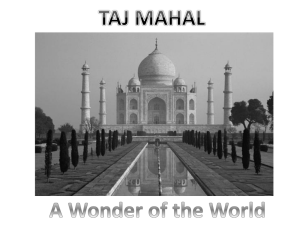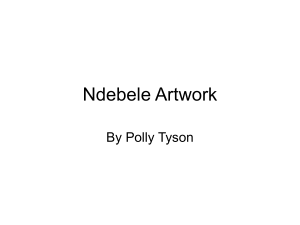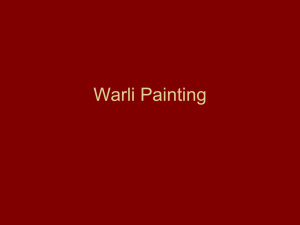The representation of contemporary business India in princely court
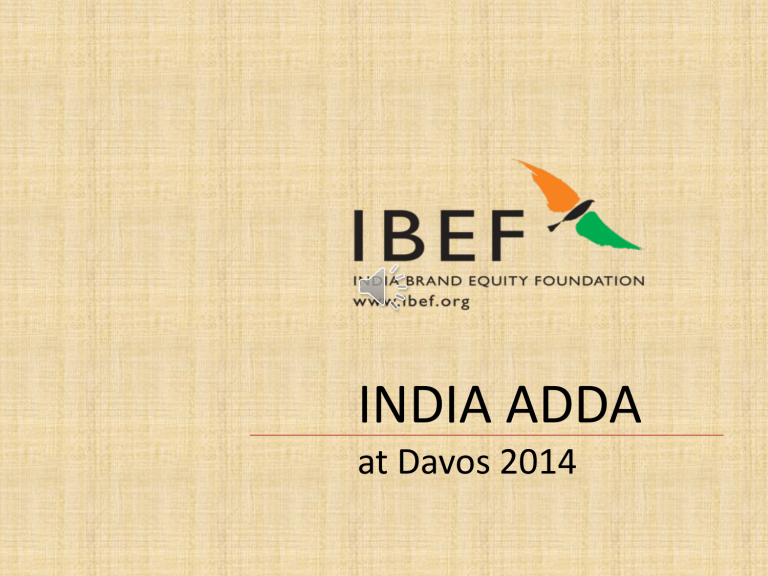
INDIA ADDA
at Davos 2014
DESIGN
THE INSPIRATION
The essence of
Brand India at Davos
2014 has been expressed through a classic juxtaposition of ancient rudimentary and traditional princely art forms from India with the present day visuals of the nation.
The motifs featuring at the India Adda are a representation of contemporary India presented in an elegant manner through miniature paintings from India.
This theme is a new rendition of the traditional miniature style that was popularly depicted across Indian princely courts .
THE
MOTIFS
THE
LAYERS
The first visual is the exquisite artwork that tells many a story in a tremendously layered format akin novel paintings that speak volumes in a single frame. Originally fashioned to express the fine aesthetics of the elite, this style continues to stimulate the senses till date. Not only is its brilliance personified and a feast for the eyes, these illustrations provide an artistic continuum from the early civilisation to the present times.
India’s plush foliage festooned by beautiful birds paint a picturesque sight. Peacock, the national bird of India, is a symbol of grace, joy, beauty and love, which also finds presence across cultures of the Far
East, Ancient Persia as well as the Greek and Christian era.
THE
TAJ
MAHAL
Overlooking the alluring Bagh is one of the universally admired masterpieces of world's heritage, the Taj Mahal. The Taj Mahal is a jewel of Indian art. Listed as one of the New 7 Wonders of the World (2000-2007), the Taj Mahal represents the finest architectural and artistic achievements through perfect harmony and excellent craftsmanship.
ANCIENT CIVILISATION, YOUNG NATION
Behind the Taj Mahal, a panoramic view of present day
India can be seen, which with a vibrant enterprise, strong manufacturing capabilities and a robust services sector is amongst the most preferred business destinations today.
INDIA - A VAST MARKET OPPORTUNITY
As depicted in the artworks, today
India is building its infrastructure – world class airports, industrial corridors – giving a fillip to manufacturing across sectors like automotive, aviation and more.
The Indian policy reforms opened new opportunities for global players.
INDIA – PHARMACY OF THE WORLD
These artworks refer to the emergence of
India as the
Pharmacy of the
World besides the vastly expanding market connectivity, which is spawning new industries.
INDIA’S GROWTH STORY
This miniature painting portrays India’s evolution over the years.
The colour combination of lush green scapes, blue sky and colourful birds showcase the ever changing tints and moods of
India. The natural splendour combined with socio-economic developmental structures forms the fabric of the country.
WARLI ART
The second art form visible at the India Adda takes us back to our roots. The outside street front is a simple illustration representative of modern day
India rendered in the style of the elementary wall paintings by the Warli tribe.
In the ancient period, it was used by people to express their lives vividly through paintings on the exteriors of their premises. This artwork is a contemporary representation of this art form.
WARLI ART
Traditionally, Warli art uses a very basic graphic vocabulary that wonderfully amalgamates with the contemporary design aesthetics. The leitmotif of these ritual paintings, which is the portrayal of everyday tasks and objects, is kept intact while providing a modern day adaptation. These paintings are exemplary of the diversity, which resides in Indian paintings.
KALPAVRIKSHA
THE EVERGREEN TREE
The multiple facets of India have been captured artistically through an installation at the India Adda of the Kalpavriksha created in Warli style.
THE INFO
-GRAPHICS
And the market potential of India is depicted by simple, clear cut infographics. These are visual representations of information and knowledge intended to present complex information quickly and clearly.
The best way to characterise modern India would be to associate with young and confident talent, which also represents a large consumer market.
JOIN INDIA.
LEAD THE WORLD.
The advancements made in various sectors of Indian economy are all condensed together in this form. The artwork highlights growth, connectivity and a commitment to a sustainable future.
